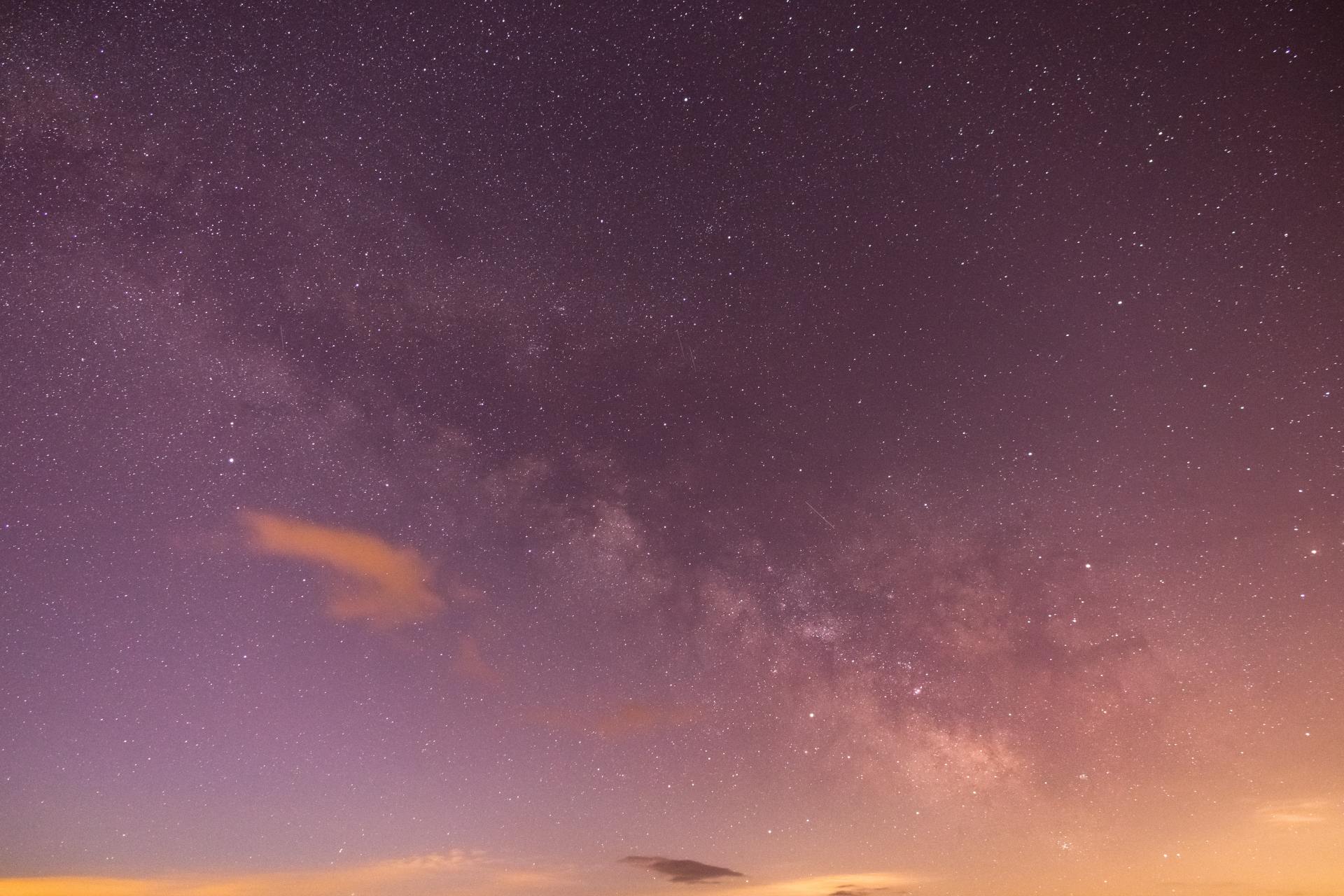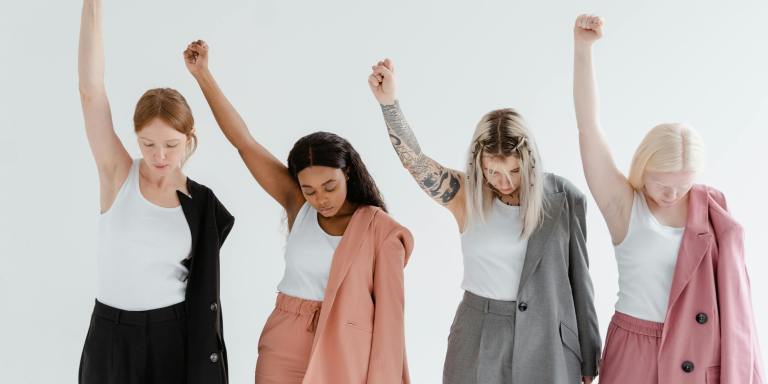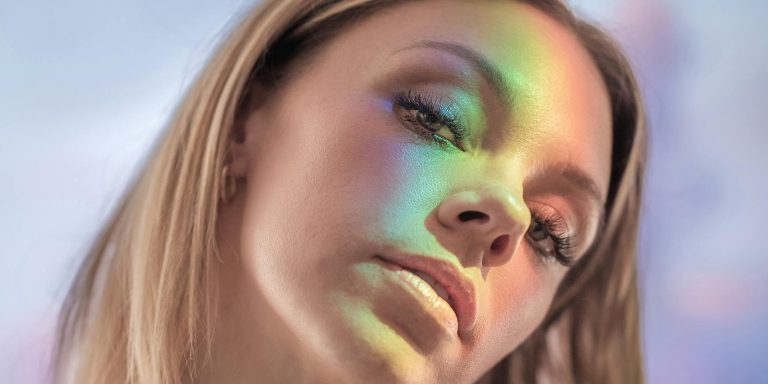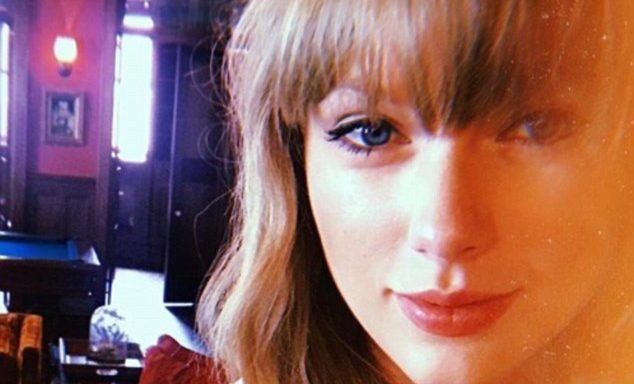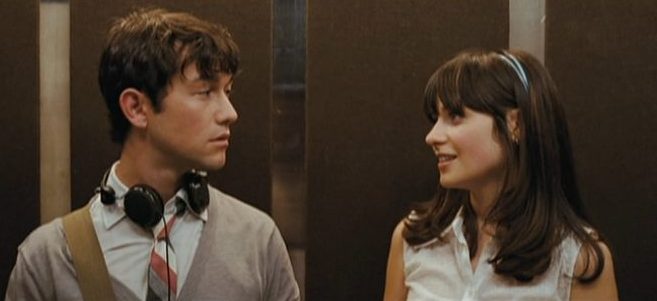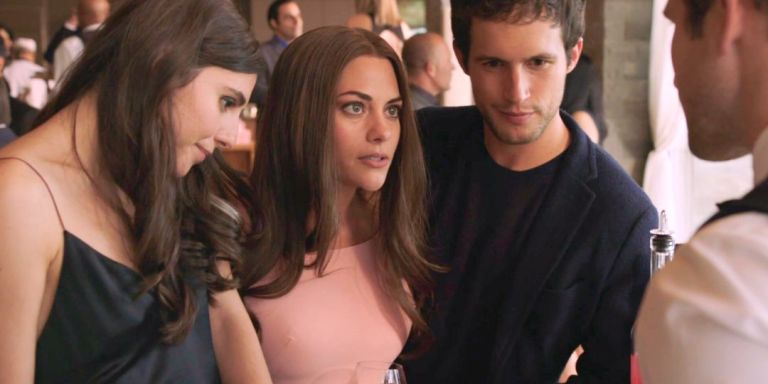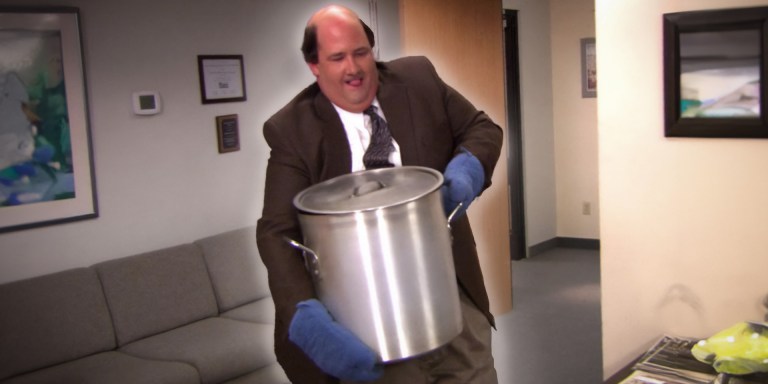There’s one of two ways this can go –
The first is to drown in it. Oversaturated with information, statistics and studies, advisories, warnings, predictions, projections, and people talking just to sound, just to feel, important…
The public voices I’m connecting with most are the Italian mayors my coworker sent me a compilation video of. They are blunt and to the point – not in the ignorant, conceited way our president spouts off disjointed trains of thought that are completely out of touch with reality. No, they deliver scoldings as a parent or mentor does when fearful or disappointed.
There is love behind the exaggerated threat of sending flamethrowers to graduation parties. There is common sense in witty digs like, “You are not Will Smith in I Am Legend.” There is a sense of responsibility for their communities behind the raised voices, and the expletives are deserved. These mayors are Tyra Banks chewing out Tiffani in season 4 of America’s Next Top Model proclaiming to the masses, “We were all rooting for you…”
But besides these bare-bone facts, people are dying, stay inside, I have no use for the enormous amount of information that is currently in circulation. I am not a mayor, or a doctor, or an economist. I am not a government, or a healthcare system, or a corporation. I am not an expert on anything let alone everything, and there is nothing reasonably actionable for me, personally, in knowing every opinion of every expert or any realistic way for me to fact check them all.
Understanding all the biological ins and outs of this virus, the best course of action needed to slow its spread on a state, national, or global level, or the estimated impact it will have on world markets does not change the core of my reality, and there is no amount of news I could watch that would change my ability to directly impact it – people are dying, stay inside.
That I have no use for all this information is not to deny it is out there, or that (most of) it matters or can contribute to a making a difference. It absolutely can. But these limitations I am acknowledging are not meant to be a selfish sense of doom and gloom; they are simply the truth.
I am ordinary. I am average.
I am a single, 29-year-old woman, alone in my apartment, like so many others, doing what very little I can to try and not contract or pass along a virus that has the power to send someone, who was presumably otherwise healthy before the world became a dumpster fire, to the hospital, or possibly cause them to die.
So there’s one of two ways this can go — I can drown in all the information available to me, or I can try and drown some of it out.
I cannot internalize the anxieties and sorrows of an entire planet, including my own, at the same time. That is not to say I do not care; I simply cannot contain it all inside me. I do not have the capacity for it. I am one person, and I cannot obligate myself to attempt the impossible. Even if it were possible, an all-encompassing empathy would not be a solution to any of these macro-level problems.
If a spec of paint from Georges Seurat’s A Sunday Afternoon on the Island of La Grande Jatte could see the bigger picture it was a part of, became an expert on pointillism and impressionism and the chemical makeup of oil paint, it could not change the fact that it is simply one dot. It could not transport the scene of the painting from the Seine to the Thames or the Nile on its own. It could not change the entire reality it forms a minuscule part of.
That the world is more connected than ever, that I have the ability to see bigger pictures for myself and be cognizant of the vast amount of things and people and systems that exist outside myself, does not inflate my own importance or impact within that same world.
It is the impact I do have, however small, that I turn my focus to. The impact of an average, ordinary person. I can stay at home. I can stay away from my family and friends even though I feel scared and sad and alone. I can love them in this way.
I can love my fellow human beings, more specifically the members of my own community, those other “dots” in my immediate vicinity, in this way as well. I can limit the number of times I leave my apartment to those absolutely necessary to buy food, or stock up on laundry quarters, or safely get fresh air when no one else is around. I can share what resources I have, support local businesses, and express my concern for the wellbeing of people I know and love.
I can do my part and know that the efforts of all the average, ordinary people like myself can mean something, can have a larger impact in aggregate. I can find comfort and reassurance in that collective effort, and not succumb to hopelessness in my isolation, recognizing my loneliness for what it is — the simple desire to connect with others, to care for them and be cared for, and perhaps doing my part, doing what is in my control, is a better way to care for others than agonizing over what is not.
And when all within my power to do for others is done, I can take care of myself. I can unplug from the constant stream of news alerts and public announcements, memes and texts and all of the “content” being produced en masse — advice, opinions, listicles of “things to do” with all this time suddenly on my hands. In writing this, I’m reluctant to add to the cacophony. My only wish is to put some complex feelings I know cannot unique to me into words – uncertainty and inadequacy.
Amidst these external limitations, I can seek refuge in my own mind, a place of unlimited possibilities. A mind that is capable of producing excitement or escape, distraction or a calm, quiet place to simply “be”. Though we may be small parts of a much larger picture, the thoughts and feelings and imagination inside any individual are anything but ordinary or average.
Baroness Susan Greenfield’s essay, You and Me: The Neuroscience of Identity, presents studies and statistics of an uplifting nature at a time such as this, celebrating “the unique value of every individual human being” as “not just moral wishful thinking but grounded in biological fact.”
One such study from 2000 found that London taxi drivers’ memorization of the city’s layout, essentially transforming themselves into a human GPS, a feat which could take up to two years to accomplish and is then tested through an oral exam called “The Knowledge”, actually caused “a particular area of the brain related to working memory” to physically grow in size.
While it may be impossible to contain the entire world within one mind, the “worlds” we can and do contain, and our ability to expand them through the brain’s plasticity is something to revel in. The locations we are able to travel to through a network of neurons and synapses far outnumber those of the world’s largest airlines. They grant us access to any time or place, real or fictional.
Greenfield maps the evolution of fiction as it applies to our understanding and expression of identity, highlighting the development of the novel as an “increasing emphasis on what someone felt or thought as opposed to what they actually did — a shifting away from objective narrative, from mere action, to showcase instead the diversity of subjective attitudes and to celebrate individuality as giving meaning to life”.
Our ability to empathize, to imagine ourselves in someone else’s shoes in an attempt at understanding a reality outside of our own, is a distinctly human one. The fact that we can empathize with someone we have never met, with an actor on a screen, with characters who are nothing more than words on a page, in a way that produces real feelings, is something we can and should be proud of.
Instead of getting caught up in or overwhelmed by the multitude of diverse experiences in the world, trying to imagine them all at once, because it inevitably leads us to try and quantify suffering in some way, I remember the words of my favorite author, Maggie Nelson, in describing a close friend and mentor who was paralyzed — “she has never held any hierarchy of grief, either before her accident or after, which seems to me nothing less than a form of enlightenment.”
This kind of empathy, an empathy that acknowledges the validity of each individual experience is something we can aspire to throughout a lifetime. Day by day, one person at a time, we can do each other the small kindness of peering into the untold depths beneath our surfaces, which while we may never fully comprehend, we can at least recognize are there.
And when we need a break from our own suffering or anxieties during this time, whatever they may be, we can access that boundless realm of imagination for our own personal enjoyment. It might require us to dust off some cobwebs or rearrange the furniture, but like a good Sim’s cheat code, there’s no limit to what you can build for yourself.
For me, it’s isolation of a different kind —
Pastoral idylls Far From the Madding Crowd where my sheepdog and I roam the English countryside taking care of a farm by day and reading in an old house that has character (but isn’t haunted) by night. Simple physical tasks that keep me feeling busy and productive and give me a sense of purpose. I know how to ride a horse. My wardrobe looks like Kate Middleton in an ad for Barbour. Beer comes in those half pint glasses that I can finish while its contents are still cold…
Braving a harsh Scandinavian winter in a remote part of Sweden like The Girl with the Dragon Tattoo or The Best Intentions. I survive on sandwiches, but they are the most delicious sandwiches I’ve ever eaten in my entire life. From my frosted windows, I can see pristine blankets of untouched snow in every direction. I’m writing something. It’s longer than anything I’ve written before. My cottage is full of candles and hand-knit throws and contentment…
Voyaging aboard the Mimi like a female 80s PBS Ben Affleck. The crew lets me help with the ropes and sails, and the scientists teach me all about humpback whale censuses. All of my fisherman’s sweaters bring to mind Lampie from Pete’s Dragon. I learn the real smell of the ocean – it’s nothing like coconut-y suntan lotion at the beach, and when I open my mouth I can almost taste the salt. I memorize all the constellations in the night sky and sleep in the coziest bunk below deck…
These vignettes of my own making are by no means a solution to the problems affecting everyone right now. We will all face our own challenges and worries in our own ways during this crisis, and hopefully find our own ways, no matter how small, to make a contribution towards helping the others around us. But it’s okay to help ourselves get through this too. Every moment of every day doesn’t need to be spent worrying about every single thing we cannot control or change. It’s okay to find a happy thought to hold onto that helps us cope and get through. There’s no harm in a daydream, in finding or creating your own source of joy in a difficult time.
Sometimes “getting through” looks like sitting on the couch with a bag of Lifesaver gummies watching Sandra Bullock rom-coms. This was where I found myself last night. And as I was reminded of two very important things: Harry Connick Jr. is a great looking man, and Hope Floats, I decided which way I wanted this to go.
